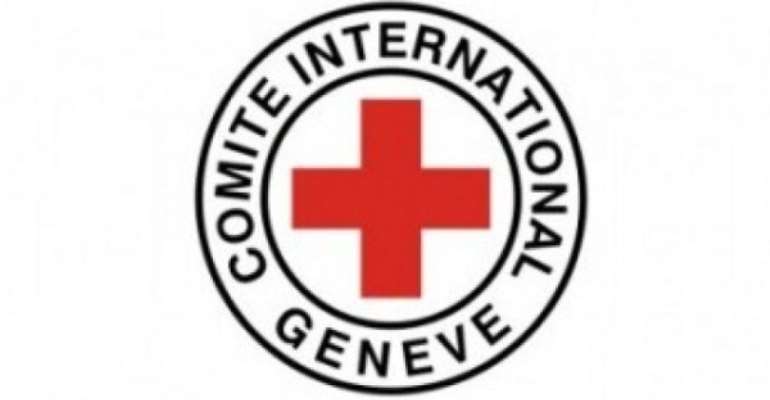Democratic Republic of the Congo: Violence against civilians in Masisi must stop

GENEVA, Switzerland, March 7, 2013/African Press Organization (APO)/ -- After several days of heavy fighting in Kitchanga, in the Masisi territory of North Kivu, the situation of the civilian population is critical. Staff from the International Committee of the Red Cross (ICRC) who entered the city on 5 March found corpses lying in the streets and extensive destruction. St Benoît Hospital, one of only two hospitals in the city, had been hit by shells. The fighting had resulted in the loss of life of large numbers of military personnel and civilians, including very young children. Most residents of Kitchanga and nearby areas had fled.
"Kitchanga is now a vast scene of devastation. Our staff in the city are in shock. We are extremely concerned about the scale of the recent violence, which has taken place in a region already severely beset by conflicts," said Franz Rauchenstein, the head of the ICRC delegation in the Democratic Republic of the Congo. "The presence of uncontrolled fighters in the city is also a matter of concern."
The ICRC is reminding the parties to the conflict that they must distinguish at all times between civilians and fighters, and between civilian objects, which must be spared and protected, and military objectives. This distinction is fundamental to international humanitarian law. ICRC staff in the eastern Congo have been constantly conveying this message to the armed forces and armed groups concerned.
In Kitchanga, more than 70 volunteers from the Red Cross Society of the Democratic Republic of the Congo have administered first aid for minor injuries. They have also recovered and buried the mortal remains of 68 people.
On 1 March an ICRC surgical team was sent to join ICRC surgeons already hard at work in Goma's N'Dosho Hospital, expanding the facility's surgical capabilities and helping to cope with the influx of casualties from Kitchanga. More than 90 war-injured people, including around 50 from Kitchanga, are currently being treated there. To treat the most serious cases, several operations are often required over several weeks.
ICRC staff are carrying on with their work in the Kitchanga area in order to meet the most urgent needs.
